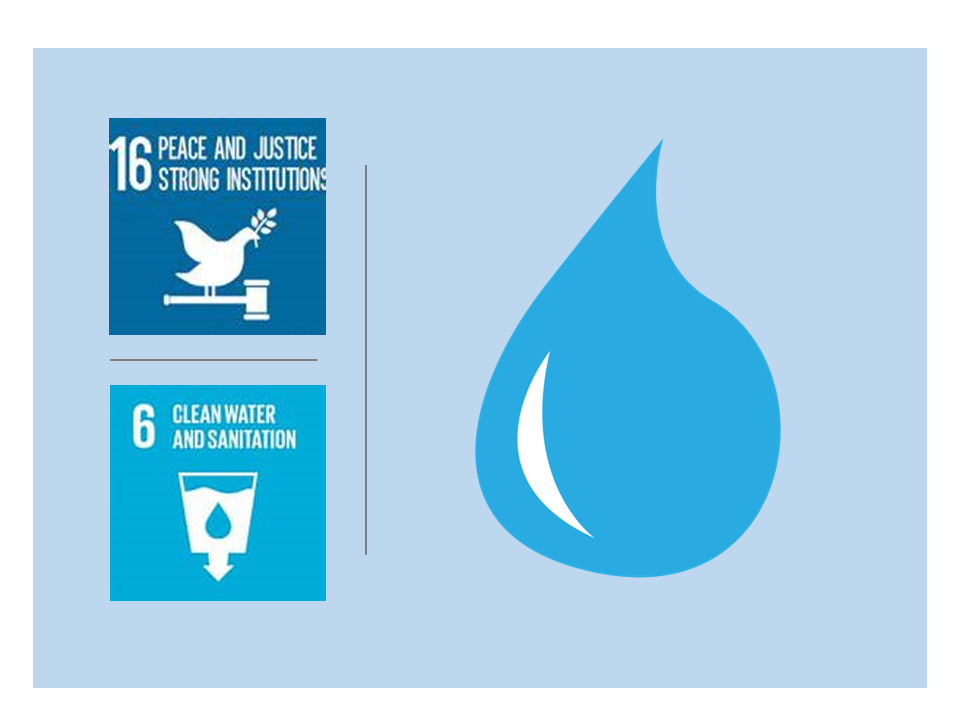Pick Up
982. Water for Peace

982. Water for Peace
March 22 is World Water Day, an international observance proposed at the 1992 Earth Summit (United Nations Conference on Environment and Development) in Rio de Janeiro, Brazil. The United Nations General Assembly designated the day in 1993. The theme for World Water Day 2024 is "Water for Peace".
The UN's message for World Water Day 2024, as posted on its website, highlights the critical role of water in peace and conflict:
Water for Peace
Water has the power to either promote peace or ignite conflict. When water is scarce, polluted or inequitably distributed, tensions between communities and nations can escalate. More than 3 billion people worldwide rely on transboundary water sources, yet only 24 countries have agreements to cooperate on all shared water bodies. As the impacts of climate change intensify and populations grow, it is critical that we join forces, both domestically and internationally, to protect and conserve our most precious resource. Public health, economic prosperity, food and energy systems, and environmental protection all depend on a well-managed and equitably shared water cycle.
Creating a positive ripple effect
The Water for Peace theme for World Water Day 2024 underscores the transformative potential of collective action on water. Working together on water issues creates a ripple effect of harmony, prosperity and resilience to common challenges. We must recognize that water is not just a resource to be extracted and fought over, but a fundamental human right inherent in all facets of our lives. This World Water Day calls for a united front around water, using it as a force for peace and as the foundation for a more stable and prosperous future.
Key messages for World Water Day 2024
- Water can create peace or spark conflict.
Water can create peace or it can cause conflict. Water scarcity, pollution and inequitable access can fuel tensions and conflict. By prioritizing cooperative water management, we can balance the needs of all and promote global stability.
- Prosperity and peace rely on water.
Prosperity and peace depend on water. Cooperation is critical to addressing climate change, mass migration, and political instability because prosperity and peace are intertwined with water management.
- Water can lead us out of crisis.
Water offers a way out of crises. By promoting equitable and sustainable water use, from international UN agreements to local initiatives, we can foster harmony within communities and between nations.
Contributor: KANAMORI Norihito (Information and Public Relations Office)
